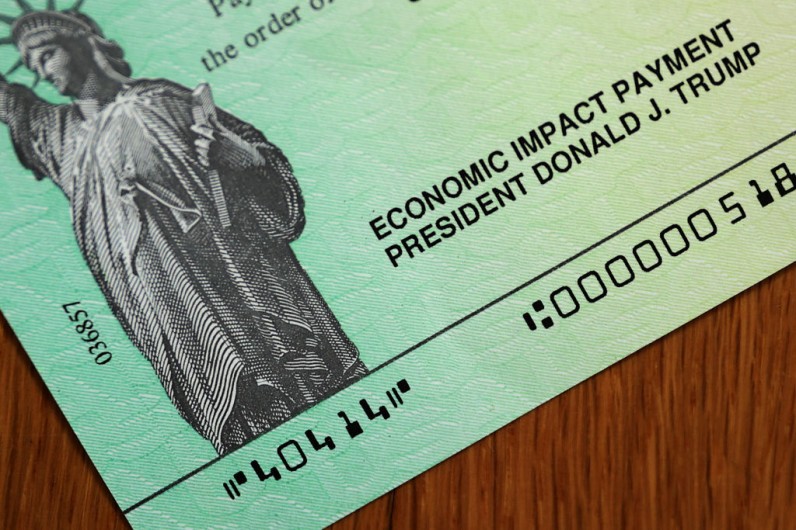
Oregon's proposed Universal Basic Income program is being hailed as a groundbreaking initiative, as it aims to provide approximately $750 per year to every resident of the state.
To finance the program, a 3% tax would be imposed on corporations' sales exceeding $25 million, with the collected funds being distributed equally among residents of all age groups.
Oregon's Universal Basic Income Initiative Amid Economic Concerns
The distribution of funds would be overseen by Oregon's State Department of Revenue, allowing residents to select between receiving a cash payment or a refundable tax credit, as outlined in the initiative draft.
Funding remaining from the corporation tax would be allocated to support services for the elderly, the healthcare system, and education. Some business leaders are expressing concerns about the support for the proposal.
Business groups are gearing up for a battle over the measure and launching a campaign to oppose the proposal, claiming it would negatively impact the state's economy, Business Insider reported.
As data remains limited, an increasing number of locations are experimenting with their own basic income initiatives.
Individuals who participate in these programs usually have incomes that are below the federal poverty line. However, certain pilot programs have focused on specific groups, such as households with children or individuals who were previously incarcerated.
Universal Basic Income
A real universal basic income would be provided to all individuals within a specific group or region, regardless of their earnings.
An implementation of UBI would bring about significant and immediate effects on the labor market of the economy in question.
It is believed that if the private sector is unable to manipulate prices and reduce the purchasing power of payments, the economic security provided by these payments may motivate individuals to leave their jobs or reduce their working hours.
This would allow them to have more leisure time to relax or pursue their passions and interests. With the implementation of UBI, low-wage workers now have a stronger foundation to advocate for improved working conditions.
According to AS USA, this type of UBI has the potential to be truly transformative and liberating, but it does necessitate careful and thorough economic planning.
However, the idea of providing a payment to all members of society, including those who are very well off, has sparked controversy.







Join the Conversation